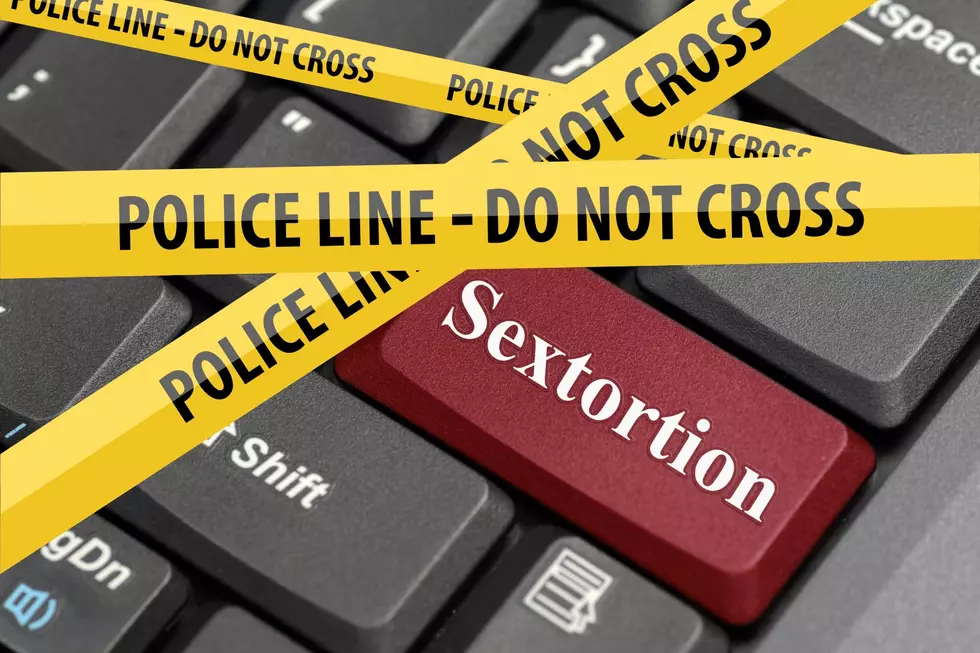
This is What It’s Like When Someone You Love is Hospitalized With COVID-19
UPDATE: I’m happy to report that on Thursday, July 2, 2020, after nearly three months in the hospital, my uncle will be discharged from Mary Free Bed (where he was transferred for his rehab) be able to return home.
The COVID-19 pandemic started in Michigan way back at the beginning of March, and as of the writing of this article, nearly 50,000 Michiganders have contracted the virus. Some cases are mild, some are moderate, and the more severe cases require hospitalization.
Sadly, my uncle, a first responder in northern Michigan, fell into that last category of cases and was admitted to the hospital and placed on a ventilator on April 6.
Due to the severity of the pandemic, when someone is hospitalized with COVID-19, no one is allowed to visit them. No one can be there to talk to them in hopes that they can hear them, no one can support them by holding their hand. Instead, loved ones have to wait for calls and updates from doctors and nurses.
In my uncle's case, those updates were initially coming twice per day. Eventually, they were only coming in the evening. There's not a ton to update when someone is sedated and on a ventilator. Mostly it's about blood gasses and sedation levels and oxygen levels - sometimes the report includes the fact that they have a fever, or that they changed your loved one's position in bed to help them get more oxygen.
And, those updates only go to one person (in my case, my aunt) who then has to (if they choose) disperse that information amongst the rest of the family. Because our family is so large, updates are generally sent to my uncle's siblings, and the rest of us usually find out via a nightly Facebook update from my aunt.
My aunt who, by the way, spent her days worrying, too. More than any of us, probably. And wasn’t able to be there with her husband while he fought for his life.
My uncle was originally at one hospital and had to be transferred to another due to kidney complications. He was placed on dialysis. All of this was happening while he was still sedated.
My aunt was able to Factime with him a few times during all of this. Facetime is a little different when only one person is doing the talking, but it's good for them to hear a familiar voice (at least I like to think so.)
This went on for over a month.
On May 9, thirty-four days after entering the hospital, and after two negative COVID tests, my uncle finally completely came out of sedation. He was finally awake and aware of where he was and why he was there. (Remember, he was in a completely different hospital than where he was heading when he got into an ambulance on April 6.) He couldn't speak (due to his trach), but he mouthed "I love you" to my aunt - it was the sweetest silence anyone could ever hear.
Since he woke up, he's been undergoing some speech and physical therapy. On May 12, he spoke for the first time in thirty-seven days. His first word? "More."
On May 13, he spoke his first sentence in thirty-eight days. He basically told his nurse and his wife that they were a "pain in the a$$" (which is VERY on brand for him.)
Who knows what tonight's update will bring. Hopefully more good news. That’s the other thing, you're always hoping for good news - just the smallest glimmer of hope, the smallest inkling that your loved one is heading in the right direction.
And you’re constantly waiting. Waiting for a phone call, or text, or Facebook update about their condition. Waiting for your loved one to be well enough to return home.
It seems we're out of the woods now, and that things will continue to improve. He has a lot of speech and occupational/physical therapy ahead of him. According to the guidelines for the state of Michigan, he is technically considered “recovered”. [“Recovered is defined as the number of persons with a confirmed COVID-19 diagnosis who are alive 30 days post-onset (or referral date if onset is not available).]
I hope that this is something that none of you ever have to deal with. That you and your family remain safe and healthy. But, I wanted to give you a glimpse into what it’s like when this virus infects someone that you love. Because if we’re all truly in this together, it’s important to understand what your friends and neighbors, and complete strangers, may be going through.

Signs of Hope Around West Michigan
More From 97.9 WGRD










